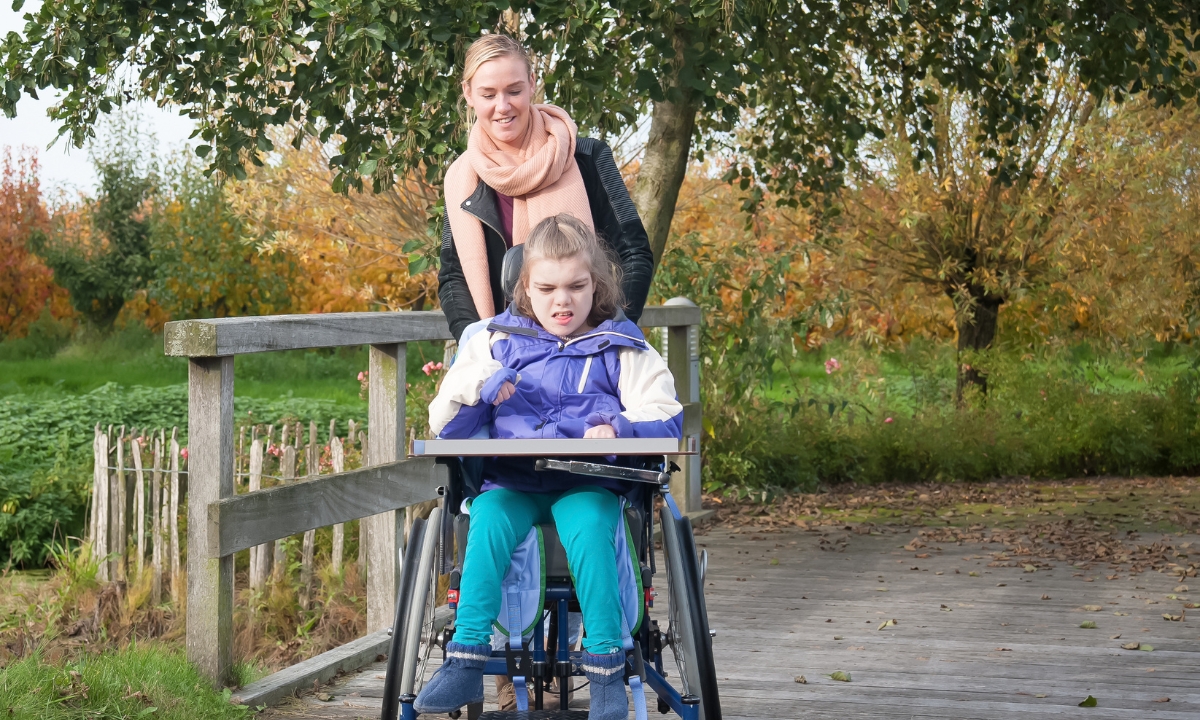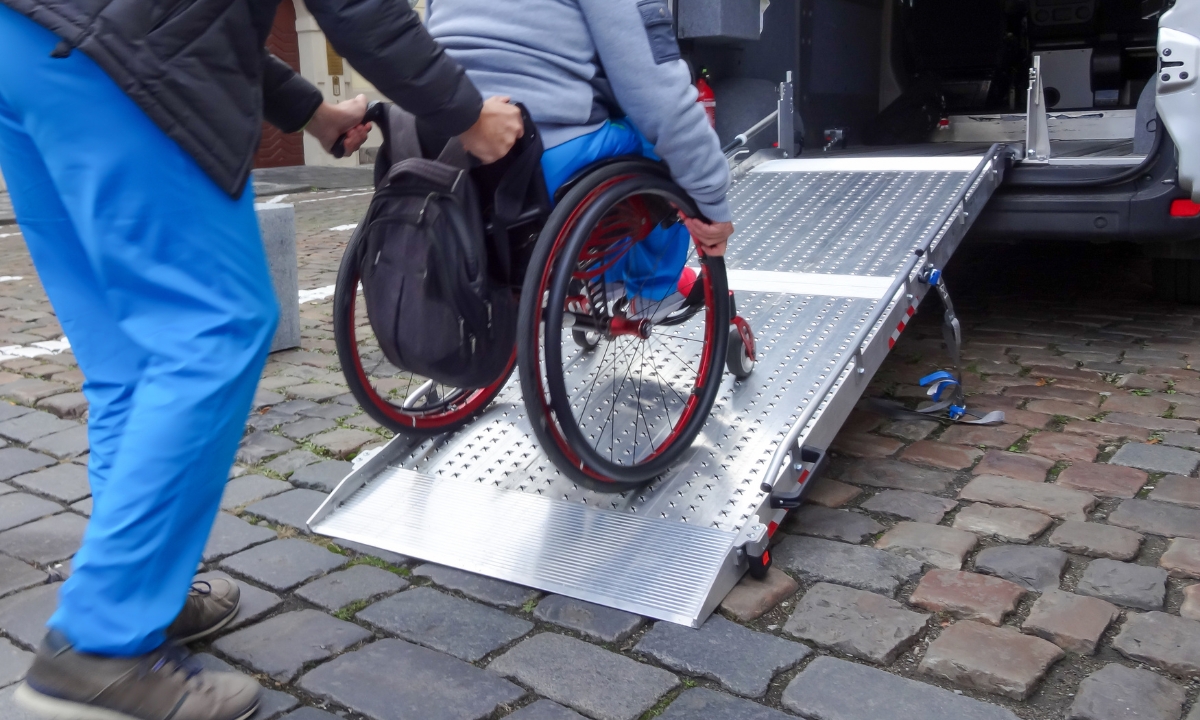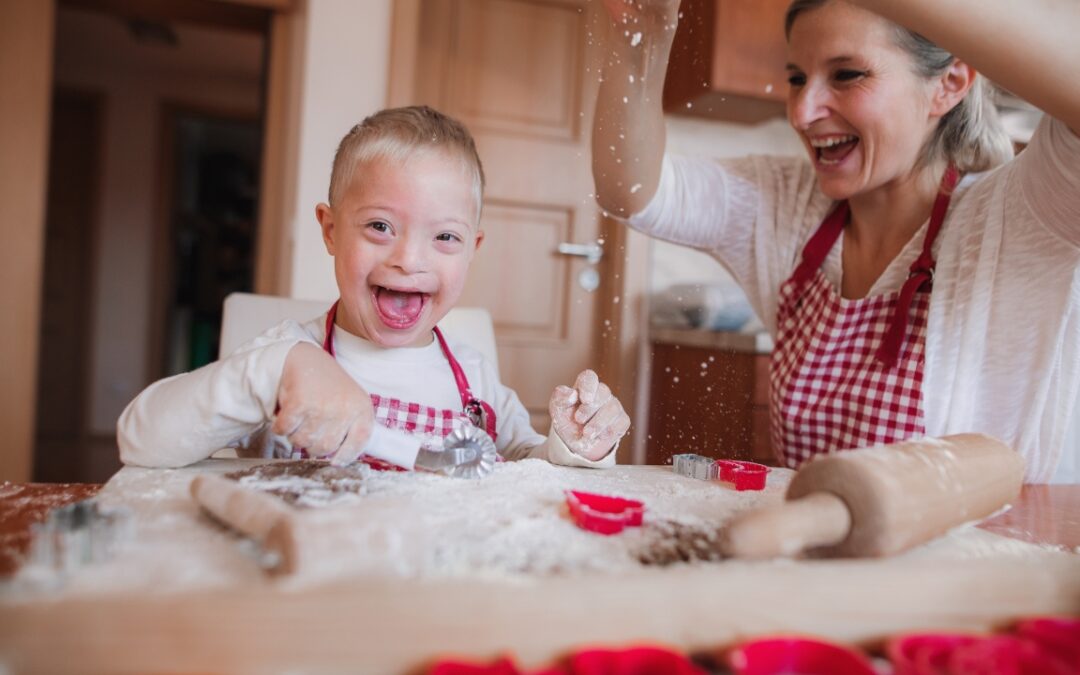Taking care of a loved one is one of the most selfless acts you can do. It shows your level of love and devotion, and it can bring you and your loved one closer. However, even if you pour your heart and soul into being a caretaker, that doesn’t negate the numerous challenges that you will face. Taking care of someone on your own is going to be difficult at times, no matter how devoted you are.
That’s why Reliant Home Care Services is here. Our in-home care services and respite services can provide you with the extra help you may need in order to face these challenges. Let’s take a look at some of the stressful issues you may encounter as a caregiver and how Reliant can help you overcome them while providing care with respect and dignity.

Caregiving Requires a Massive Time Commitment
Perhaps the biggest challenge caregivers face is the time commitment. How much time you need to spend on providing care will depend on your loved one’s needs, of course. If your loved one is still highly independent, you may only need to drop by every few days or spend a weekend helping them with chores such as lawn mowing. You may not have to adjust your daily routines much, if at all.
However, if your loved one needs more help, you’re going to have to set aside more time to provide care. This could mean dropping by their home every day or even several times a day. You may need to visit before work to help them get dressed and prepare their breakfast and lunch, and you might need to return after work to help them with dinner.
If your loved one needs help with many daily tasks, they may need someone with them 24/7. This means they may need to move in with you, or you may need to live with them. This makes you a full-time caregiver, and much of your day will revolve around providing care, mainly on your own. This is the most time-intensive form of caregiving, and while it can be rewarding, it can also quickly lead to burnout.
That said, even an occasional caregiver can still suffer from burnout. If you devote every Sunday to helping your loved one, doing their laundry, preparing their meals, and doing other chores, it can feel like you only have a single day off. It can be hard to make plans with friends, go to your children’s events, or enjoy your hobbies.
Helping with the time commitment is often the main reason why people reach out to Reliant. Whether it’s the occasional respite care to give you a break or a regular caregiver for your loved one, we can help you manage the time commitment while still ensuring your loved one is getting the care they deserve.
Do You Have the Medical Knowledge or Skills Needed?
Another concern many caregivers have is whether or not they can actually provide quality care to their loved one. While helping an elderly parent with housework, cooking, and other basic tasks doesn’t require medical knowledge, raising a child with special needs to caring for someone with a chronic disease might. If you don’t fully understand what challenges your loved one is facing, you may not know how to address them on your own. It doesn’t have to be a serious medical issue, either; if your loved one falls, do you know how to safely help them stand? Do you know what to do if your loved one falls and is bleeding from a head wound?
Being a caregiver doesn’t mean you need to take formal classes or even be certified for things such as CPR, but it does mean you need to be aware of what to do in an emergency. You will want to have basic first aid knowledge as well as have basic supplies on hand.
If you’re uncertain about your medical knowledge or skills, Reliant can help. We can point you towards various resources, and our caregivers can talk you through how to care for your loved when a professional isn’t there. We can even help you create a list of questions to ask your loved one’s care team.

There are Physical Limitations to What You Can Do
Being a caregiver can, at times, be a physically demanding job. While some elderly people are able to stand mostly on their own power, some may not. You may have to do most of the lifting, and while it may not be as strenuous as lifting weights, you may find yourself with aching arms or legs.
If you’re struggling with your own physical challenges, being a caregiver may not be something you can physically do on your own. The last thing you want is to fall yourself or to drop your loved one. Elderly individuals who become caregivers for their spouse often face this issue—they’re simply not capable of the physical aspects of caregiving.
If you’re uncertain about your physical abilities, it’s always best to be safe and consider other options. You may have a sibling, spouse, or other individual who can help you handle some of these more physical tasks. If not, Reliant is here for you.
Caregiving is Stressful
Being a caregiver isn’t something you should enter into lightly. Of course you want to take care of your loved one, and financially, you may see providing care on your own as your only option. However, few people truly understand the stress and mental exhaustion that can come with being someone’s sole caregiver. Family caregivers often find themselves getting burnt out or starting to feel the impact of caregiving on their relationships.
First, there’s the stress that comes with watching your loved one age and worrying about how that will affect their lives. You may feel the need to change everything about your loved one’s home, adding grab bars everywhere, getting rid of all the rugs, and putting in bright lights in as many places as possible. This reaction is understandable, but your loved one may not want all of that done to their home. Your loved one may not need grab bars everywhere, but they may appreciate them in the bathroom. If they can still get out of their favorite recliner, now may not be the time to replace it with a powered lift chair. While the worry may not go away, you do want to be sure your loved one is okay with the changes you’re making.
Second, being a caregiver does subtly change your relationship with your loved one. You are taking on more responsibility for their health and well-being. However, your loved one may not necessarily want to allow you to make decisions for them. This can lead to conflict. You may find that you argue with them more often or that they start to keep you at arm’s length. This can lead to your loved one downplaying their physical limitations or even failing to tell you about things such as small falls. You don’t want your role as a caregiver to destroy your trust with your loved one.
Third, if you haven’t spent a lot of time with your loved one, the two of you may begin to grate on each other regardless of whether or not there are disagreements over care. You may have to learn how to interact with your loved one on a daily basis rather than a weekly one. If you and your loved one have never had a close relationship, this could strain it even further.

Reach Out to Reliant for Help
Reliant’s respite care services are ideal for caregivers who aren’t able to provide care every single day. Whether you need a weekly day off or simply a break every now and then, respite care is perfect for you. On the other hand, our in-home care services are ideal for those who may not be able to provide care for their loved ones on a daily basis due to the time commitment, physical concerns, or other reasons.
Being a caregiver is a rewarding, selfless act, but we recognize that these challenges aren’t something everyone can step up and take on. That’s okay. There’s no shame in seeking help when you and your loved one needs it. It’s the responsible thing to do for everyone involved. To learn more about caregiving and what Reliant can do for you, reach out today.

